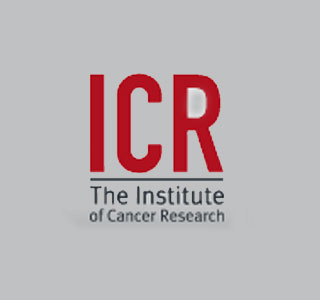
Investigators are already aware about the possible elevation in the production of white blood cells due to the hormone, termed as granulocyte colony-stimulating factor (GCSF). Claimed to be the first large randomized trial, the scientists have apparently displayed the hormone to decrease the complications linked with low white blood cell count in children treated for advanced forms of neuroblastoma.
Professor Andy Pearson, lead author of the paper and Cancer Research UK’s professor of paediatric oncology at The Institute of Cancer Research (ICR) and The Royal Marsden NHS Foundation Trust in Sutton, quoted, “Patients given GCSF immediately after chemotherapy treatment had fewer problems associated with neutropenia, such as fever, infections, days spent in hospital or on antibiotics and gastrointestinal issues. Our team previously identified the high dose chemotherapy regimen that is already saving the lives of many children with high risk neurobastoma, and in this research we report finding a new therapy to reduce side-effects for these patients. On the strength of these new trial results, all children receiving intense chemotherapy to treat high-risk neuroblastoma will now be given GCSF.â€
Annually 100 children under the age of five are diagnosed with neuroblastoma in the UK. Though six out of ten children are claimed to be treated, successfully treating children with advanced forms of cancer is not easy. An intense treatment combined with surgery, radiotherapy and chemotherapy may be recommended for children with advanced forms of neuroblastoma. However, the treatment appears to reduce the count of low white blood cell, called as ‘neutropenia.’
Kate Law, Cancer Research UK’s director of clinical trials, alleged, “The results of this promising trial mean that children across Europe diagnosed with neuroblastoma will receive a more effective treatment for this disease. Cancer Research UK is the largest single funder of children’s cancer research in the country and is at the heart of an international research effort leading to rapid improvements in children surviving cancer with the fewest possible side effects.â€
White blood cells are known to be the hallmark of the immune system and hence patients with neutropenia seem to be more likely to develop other diseases and complications. The researchers suggest the inclusion of five chemotherapy drugs cisplatin, vincristine, carboplatin, etoposide, and cyclophosphamide to be more effective for curing cancer. The newly ascertained therapy is being employed on children in Europe.
The research is published in the Journal of Clinical Oncology.

